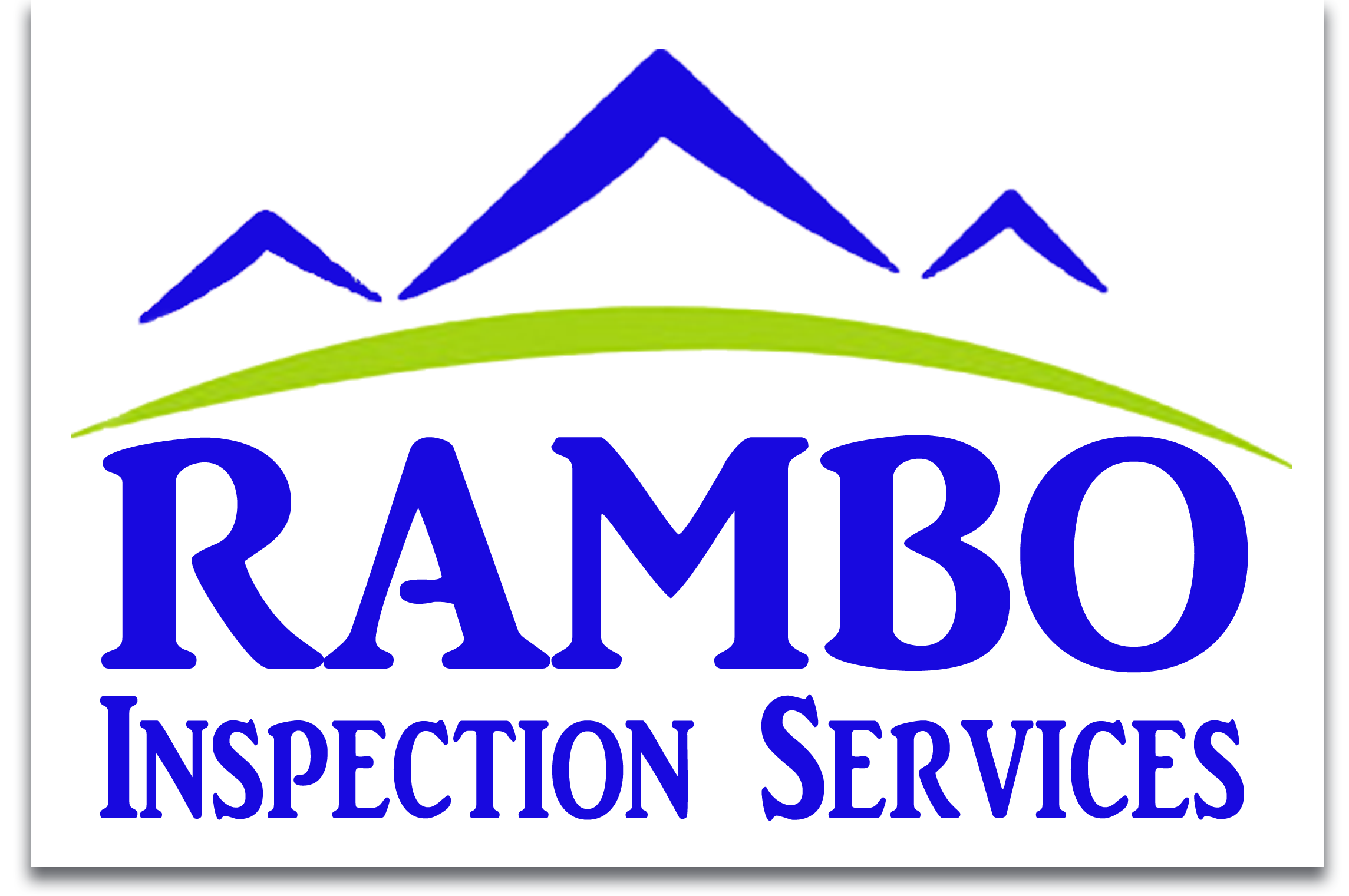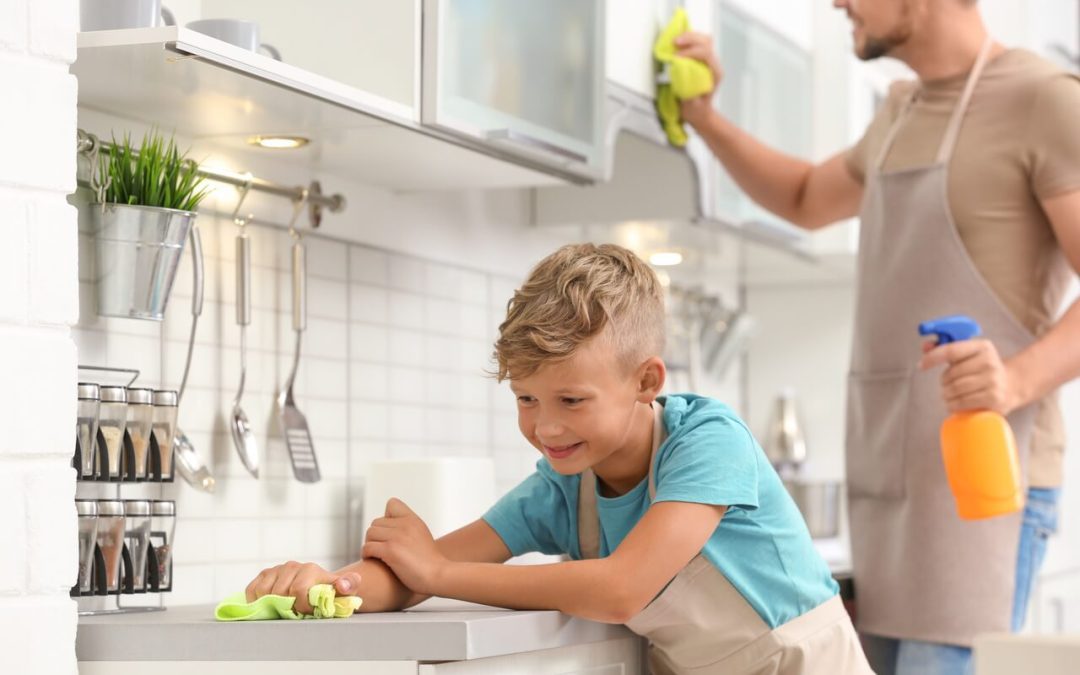Maintaining a clean home is challenging when children are in the mix. From toys scattered across the living room to crumbs on the kitchen floor, everyday tasks start to pile up. However, involving children in housecleaning teaches them responsibility and turns cleaning into a family activity. With a few practical tips and a little patience while housecleaning with children, you’ll keep your home clean while teaching your kids valuable life skills.
Create a Cleaning Routine That Works for Everyone
One of the most important aspects of housecleaning with children is setting up a routine that works for both you and your kids. Children thrive on structure, and having a predictable cleaning schedule helps them understand what is expected. Keep in mind that children of different ages have varying attention spans and abilities, so tailor your routine to suit their needs.
For younger children, short bursts of cleaning followed by breaks will keep them engaged. Older children can handle more responsibility, but they may still need reminders and guidance. Establishing a weekly or daily routine where certain tasks are tackled together—such as cleaning the living room every evening or tidying bedrooms on the weekend—helps set clear expectations.
Make Cleaning Fun When Housecleaning with Children
Infusing a sense of fun and play into housecleaning will make it feel more like fun and less like a chore for your children. Music can be a great motivator—create a playlist of their favorite songs and have a “clean-up dance party” while tackling chores. Turning tasks into a game, such as racing to see who can clean up the fastest, adds an element of excitement.
Children love competition, so setting small challenges, like picking up as many toys as possible before the timer runs out, will transform cleaning time into a fun family activity. Rewards, such as extra playtime or a favorite treat, can also be motivating, though it’s important not to rely solely on these incentives.
Assign Age-Appropriate Tasks
Getting children involved in cleaning requires assigning tasks that are appropriate for their age and ability. Younger children, like toddlers, can help by putting toys back into bins or wiping down surfaces with a damp cloth. Preschoolers can help sort laundry, dust furniture, or clean windows with supervision. School-age children can do more complex tasks like vacuuming, folding laundry, or even helping with dishes.
It’s important to be patient, especially with younger children, as their cleaning may not be perfect. The goal isn’t perfection but participation. Over time, with encouragement and consistent practice, children will become more skilled at their tasks.
Teach Responsibility and Ownership
Housecleaning is an opportunity to teach children about responsibility and ownership. When children are involved in keeping their living spaces tidy, they gain a sense of pride in maintaining their environment. This feeling of ownership over their rooms or the common areas they help clean will motivate them to keep these spaces neat in the future.
Start by explaining the importance of cleanliness and how it benefits the entire family. When children understand that they are part of a team that works together to create a pleasant home, they are more likely to cooperate. Encouraging them to take charge of specific areas, like their bedroom or a play area, gives them a manageable space to care for and fosters independence.
Celebrate Accomplishments Together
Once the cleaning is done, take the time to celebrate the accomplishment. Recognizing the effort your children put into helping can make a big difference in their attitude toward housecleaning. It’s important to acknowledge their contributions, no matter how small. This positive reinforcement encourages continued participation and helps build their confidence.
Celebrate by relaxing together in the clean space or enjoying a special treat as a reward for a job well done. The more you reinforce the positive aspects of cleaning, the more likely your children will be to approach it with enthusiasm next time.
Housecleaning with children doesn’t have to be a struggle. You can turn a typically mundane chore into a valuable family activity. Teaching responsibility and ownership helps children develop important life skills, and leading by example means they’ll follow your positive approach to cleaning. With patience and encouragement, your children can become active participants in maintaining a clean and happy home.
FAQs for Housecleaning with Children
At what age should I start involving my children in housecleaning?
You can start introducing basic cleaning tasks to children as young as two or three years old. At this age, they can begin helping with simple tasks like putting toys away or wiping down surfaces. As they grow older, you can gradually increase the complexity of their responsibilities. It’s important to tailor tasks to their developmental stage and motor skills.
How do I handle cleaning tasks that are unsafe for children?
Keep dangerous tasks, such as cleaning with strong chemicals or using sharp tools, out of your children’s reach. Instead, assign safer tasks like dusting, sorting laundry, or organizing toys. As your children grow older, teach them how to safely handle more advanced chores under supervision, but always prioritize their safety first.
How can I balance teaching my children to clean with making sure tasks get done efficiently?
The key is to prioritize the learning process over perfection. While it might take longer to complete tasks with children involved, you’re investing in their future independence. To balance efficiency, tackle some cleaning tasks on your own and save the easier, child-friendly ones for when they can participate. This way, both responsibilities are fulfilled.
Rambo Inspection Services provides inspection services to homebuyers and sellers in the Chicagoland area. Contact us to request an appointment.

